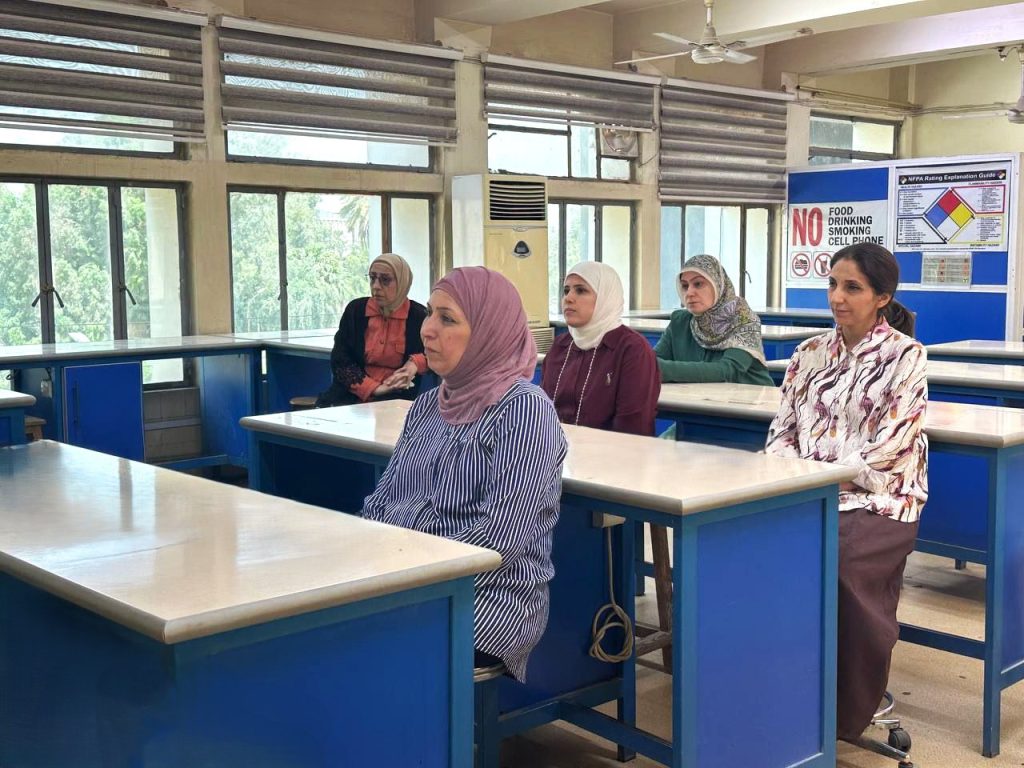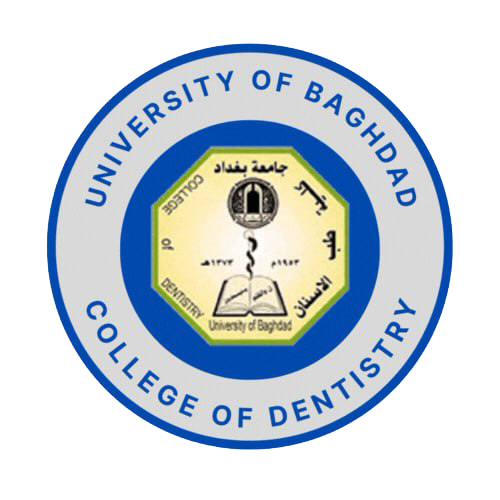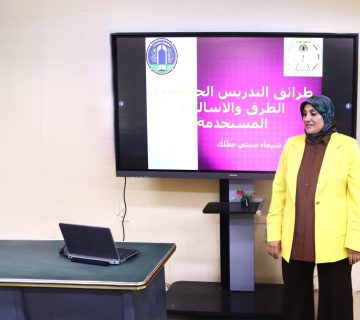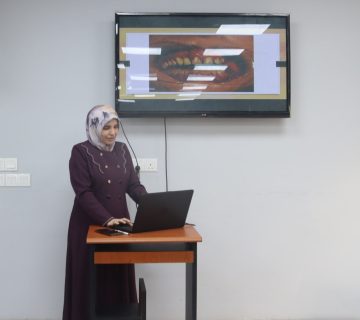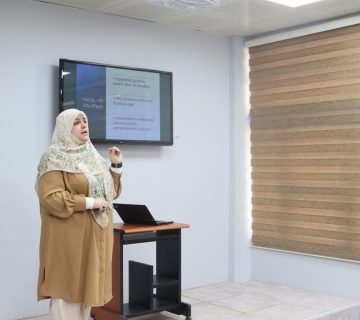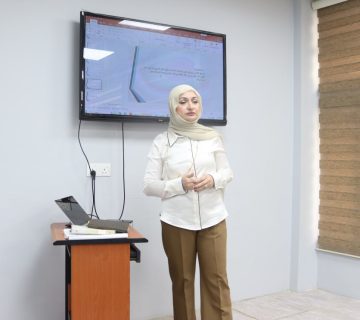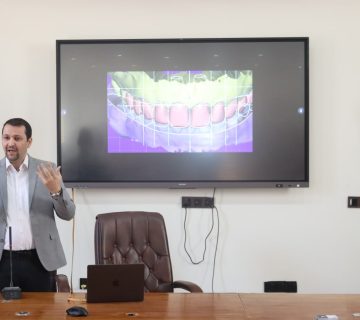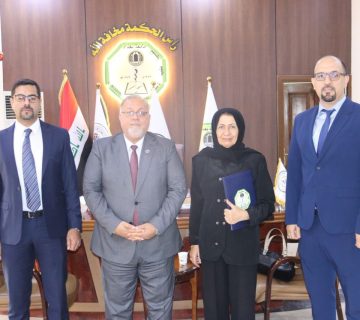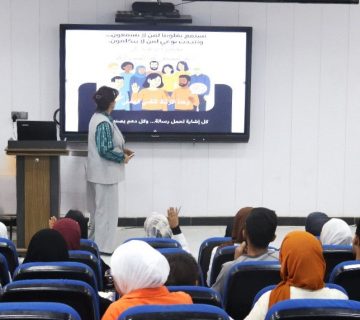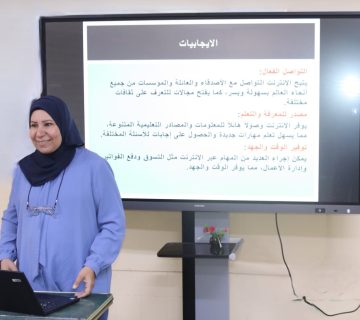Under the patronage of the Dean of the College of Dentistry at the University of Baghdad, Prof. Dr. Raghad Abdul-Razzaq Mohammed, the College organized a scientific symposium titled “Viral Vaccines,” presented by Prof. Maha Adel Mahmoud, with the attendance of a number of faculty members and staff.
The symposium aimed to introduce the different types of viral vaccines, explain how they are prepared, outline their benefits, and highlight their potential side effects. It also included a review of major vaccines and their internationally adopted schedules.
The symposium covered several key topics, including:
1. An overview of essential childhood vaccines, such as the MMR vaccine (measles, mumps, and rubella), the varicella (chickenpox) vaccine, the rotavirus vaccine, polio vaccines, hepatitis A and B vaccines, influenza vaccines, and COVID-19 vaccines, all of which play an important role in preventing infectious diseases and limiting their spread.
2. The mechanism of action of vaccines in stimulating the immune system, noting that live attenuated vaccines provide long-term immunity by generating memory cells, whereas inactivated vaccines provide short-term immunity and require additional doses (booster shots) for optimal effectiveness.
3. The safe methods for receiving vaccinations and their recommended schedules, along with the appropriate doses for each age group.
4. The potential side effects of vaccines, which are generally mild—such as low-grade fever, rash, or body aches—while severe reactions, such as anaphylaxis, are rare.
Symposium Recommendations:
The symposium concluded by emphasizing the importance of adhering to vaccination schedules and avoiding delays, strengthening health education campaigns on the benefits of vaccines, encouraging scientific research to develop safer and more effective vaccines, enhancing cooperation between health and educational institutions, and implementing electronic documentation of vaccinations to ensure accurate follow-up.
